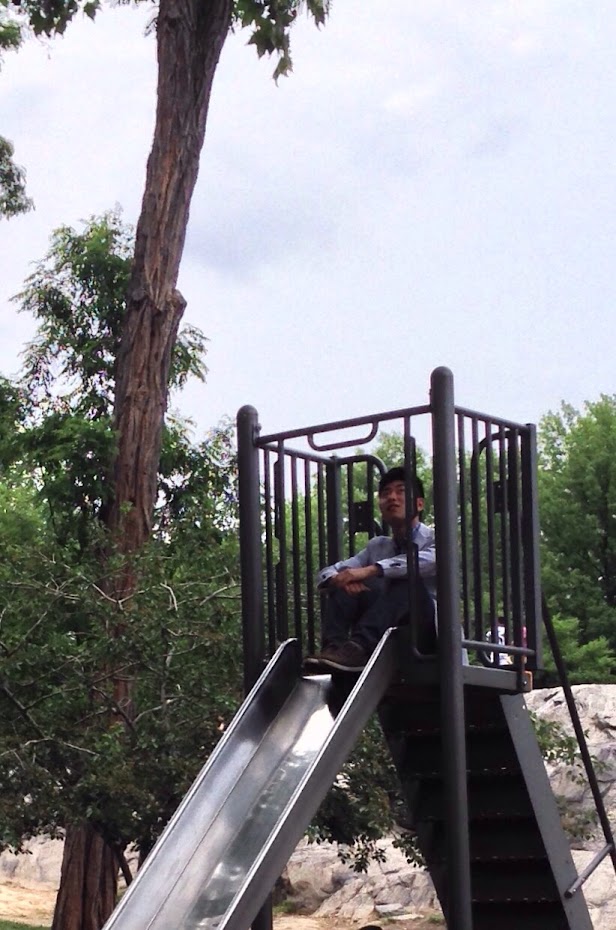On August 8, 1945, Ron Glasberg had placed fourth in the half-hour morse code test out of the one-thousand soldiers in boot camp, allowing him to enroll in radio school. The next day America dropped the atomic bomb on Nagasaki, shutting down all schools including the radio school Glasberg hoped he had attended.
"I felt really disappointed," he said.
Glasberg is an 85-year-old veteran who served in the navy in the South Pacific for fifteen months. He enlisted on New Year's Day in 1945 when he was seventeen and a half. He operated submarines and destroyers, as well as a forty-foot boat. He served in Japan for eight months toward the end of the war, stationed at the Yokosuka base.
I was able to talk to him through the phone this morning and it was rewarding. One fact Glasberg mentioned that was interesting was that around that time, money was not as significant.
"Back then cigarettes were more valuable than money," he said. "That's how I met Mikimoto, the man who put a grain of sand in an oyster to form a pearl. It was a ten millimeter black pearl, a size of a bead. And Mikimoto told me that he wanted two cartons of cigarettes. I didn't have any so I couldn't get it. 35 years later, I flew from Boston to Seattle to Narita to Taipei. At Narita I went to Mikimoto Pearls, asked to talk to the manager, and asked him how much it would be now to buy the pearls. And of course cigarettes didn't suffice."
I went on to ask him about how he communicated with friends and family.
"Letters," he said. "There was also no postal charge so we kept sending them. There was no phone, of course.
It was the first time I directly talked to a veteran, especially a world war two veteran, and it was a great experience. This is the reason I study journalism. It's not only because I like writing, but it's also to interact with people, and that's something I feel like I need more in my life. In my earlier years I didn't really talk much and have as many friends. Studying a field that requires interacting and interviewing allows me to open up and challenge myself to get out of my comfort level. It's something I know I can do, and something I should do. And it's not half bad. It not only opens me up, but also opens up the interviewee, the subject. And it's great to hear a person sharing their inner feelings you can't quite get all the time. Life is meaningless if you don't push yourself to greater levels.

No comments:
Post a Comment